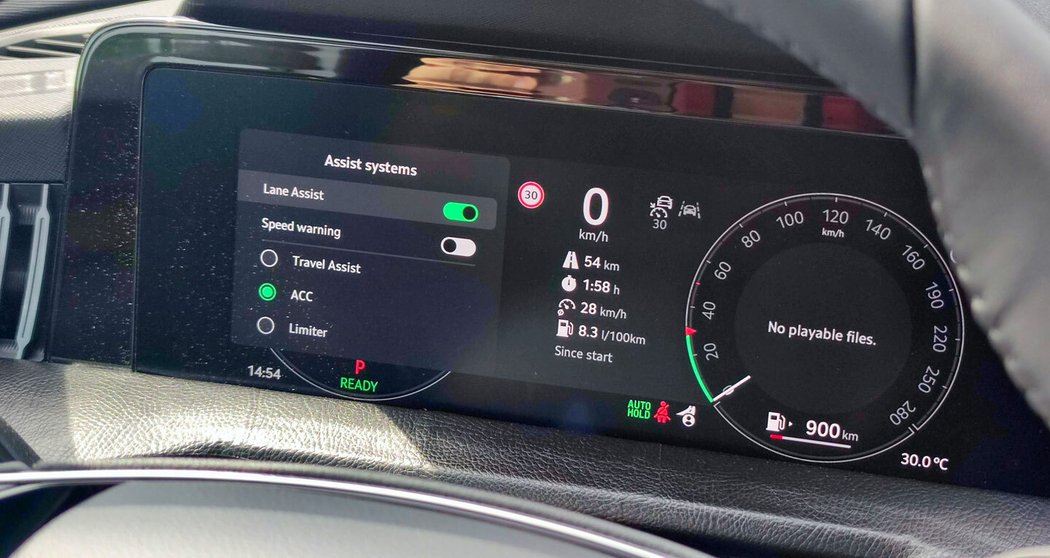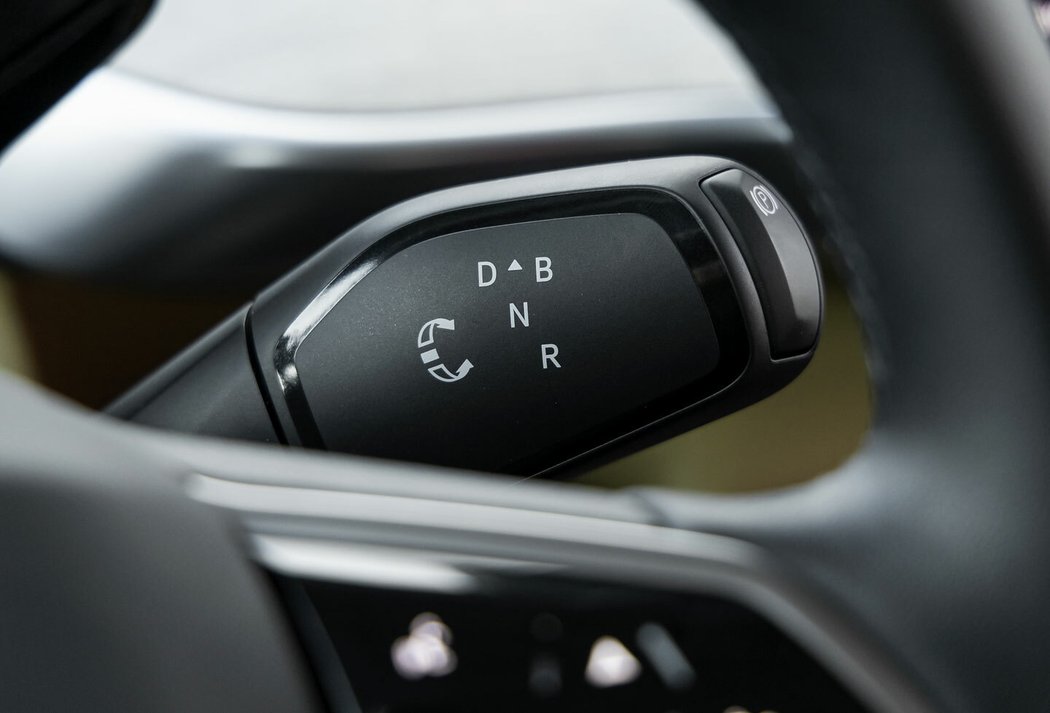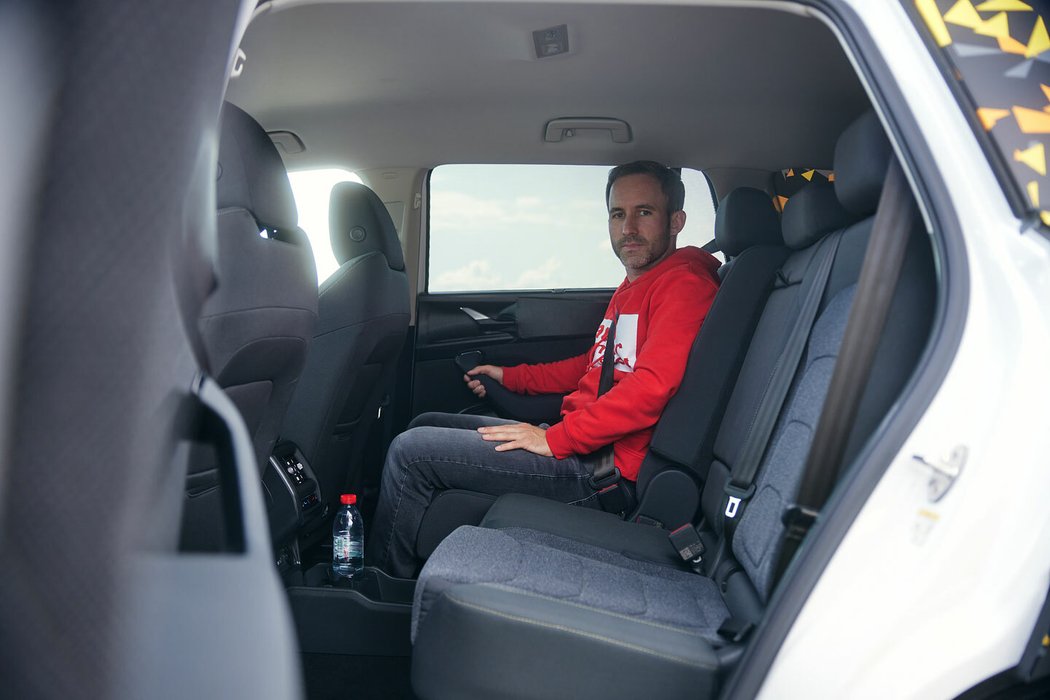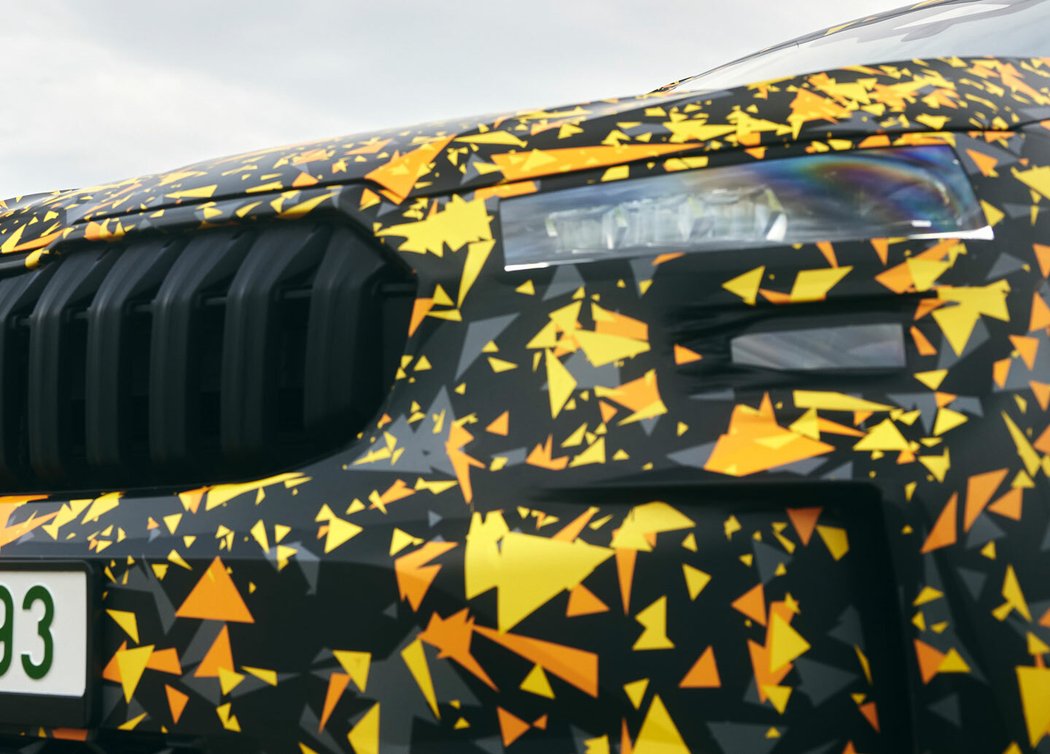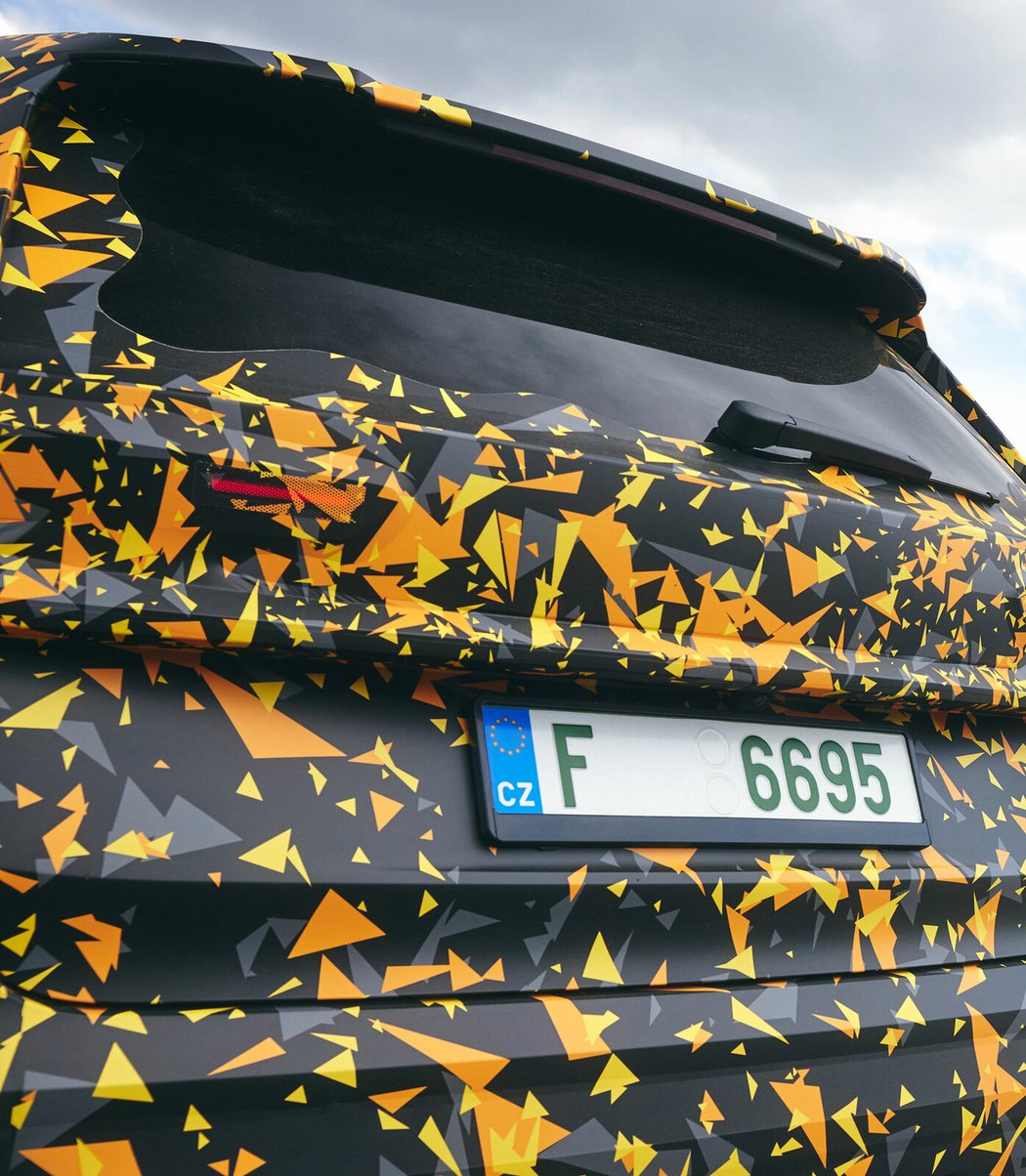Etiquetado: 2024 Skoda Kodiaq, 2024 Škoda Kodiaq II, Škoda, Škoda Kodiaq II (2023)
- Este debate tiene 127 respuestas, 19 mensajes y ha sido actualizado por última vez el hace 10 meses, 3 semanas por
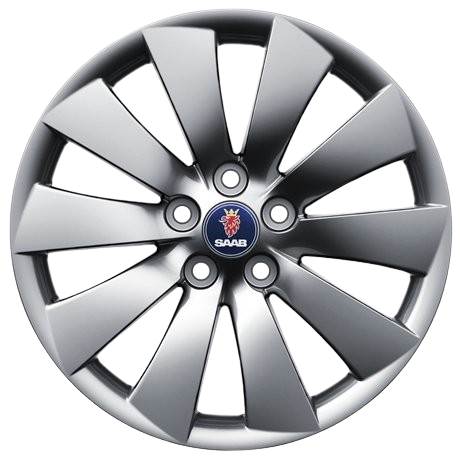 The_Osco.
The_Osco.
-
Pillado con otro camuflaje para las pruebas de los medios.


Fuente: Autopareri
No entiendo el cambio de imagen de skoda, solo los eléctricos van a llevar cambios y los de combustión solo parecen restylings de los actuales.
En la línea de skoda de cada vez cambiar menos que visto lo visto con el fabia deberían de cambiar de ideaTeniendo en cuenta el cambio a lo eléctrico que vamos a tener dentro de varios años, entiendo que las marcas hagan restylings bastante profundos, asemejándose a nuevas generaciones. No van a gastar ingentes cantidades de dinero para que en una generación (7 años) todo se vaya a la basura. Hago un restyling profundo con lo que hay ahora (que ya tiene 7 años), que es buena base para modelos con algún tipo de electrificación, y lo que no me gasto aquí, lo hago en los eléctricos
No es algo nuevo, se hace desde hace eones (la plataforma del 206 por ejemplo, usado hasta casi nuestros días si no me equivoco), Hasta este nuevo Sandero, las 2 anteriores venían de una plataforma reformada…Lo que pasa es que ahora lo van a hacer todos porque en 2030 se pasan la gran mayoría a modelos eléctricos en Europa…
Pero este y el superb de primeras tampoco son restyling, cambian más pero el diseño es muy continuista.
Probablemente sea una estrategia de VAG, solo mira Volkswagen y Audi, ambos tienen un diseño más evolutivo (o lo tenían en el caso de VW) para la línea de autos de combustión y la línea eléctrica recibió una nueva línea de diseño para distinguirse de los modelos de Combustión y atrayendo lo publicó à estos modelos porque tienen una sensación más novedosa, me imagino que eso es lo que estarán haciendo en Skoda.
Dándolo todo por el Ring

https://www.motor1.com/news/672968/2024-skoda-kodiaq-spied-pushed-nurburgring/
Entramos en época de vacas flacas muchachos! Los costes son los costes!
No es vacas flacas, en VAG siempre han sido muy evolutivos en todas sus marcas, si acaso la que más cambia entre generaciones es Seat.
@san-gines está bien que esperes con ansias al nuevo Santa Fe, pero no por eso hay que denostar el trabajo de los demás fabricantes 😅
Y de acuerdo con DTM, el grupo Volkswagen siempre ha sido más evolutivo que otra cosa. Pueden tener a veces cientos de novedades cubiertas por una estética continuista
No tengo dudas de que lleva el club de fans del santa fe 😂😂
Motores.
Gasolina: 1.5 TSI mHEV de 150 CV y 193 CV
Dos motores diesel: de 150 y 204 cv
Versión híbrida enchufable de 204 CV. Esta versión tendrá una autonomía en modo eléctrico de 100 kilómetros, según Skoda.
Cazado el interior y como va a ser, porque se ve la imagen en la pantalla:
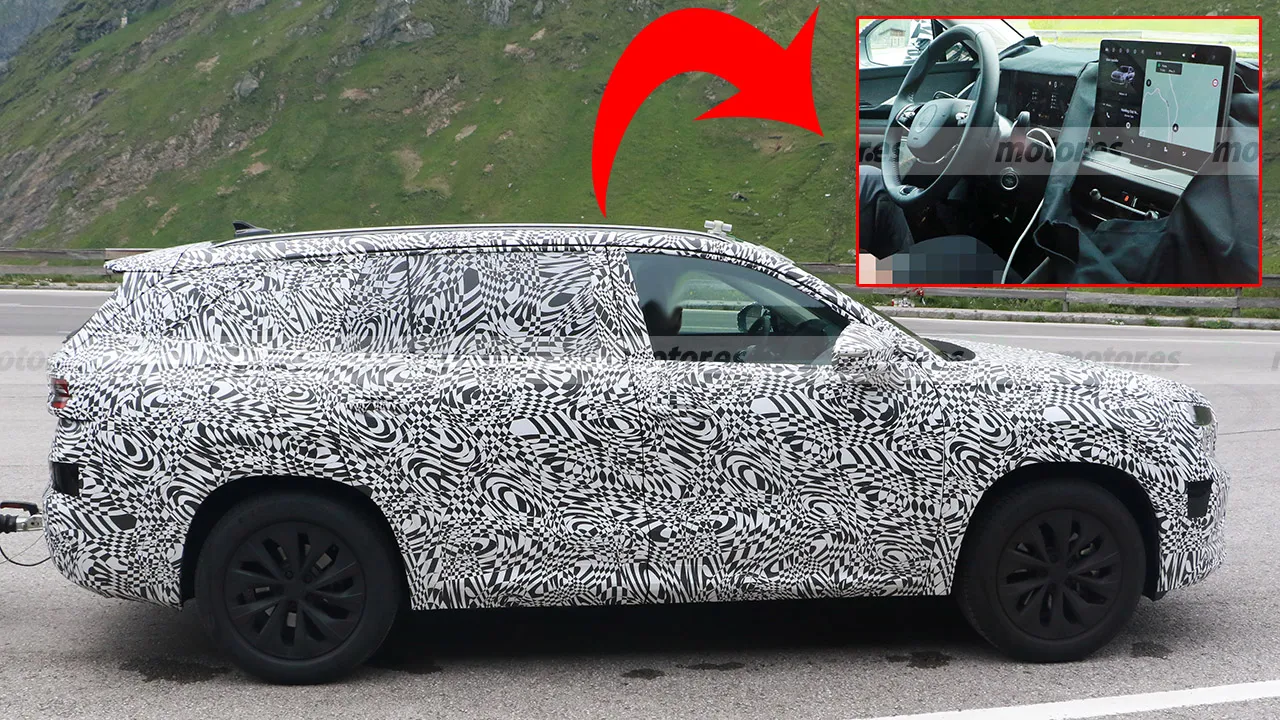
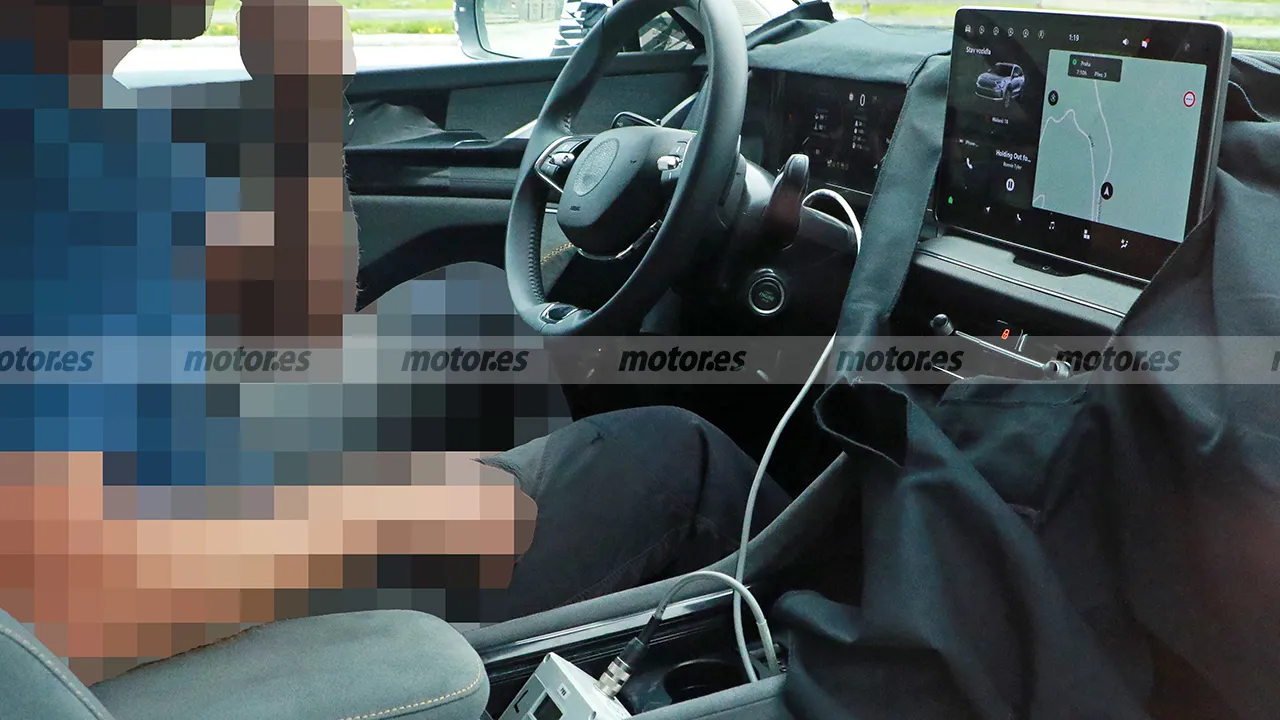
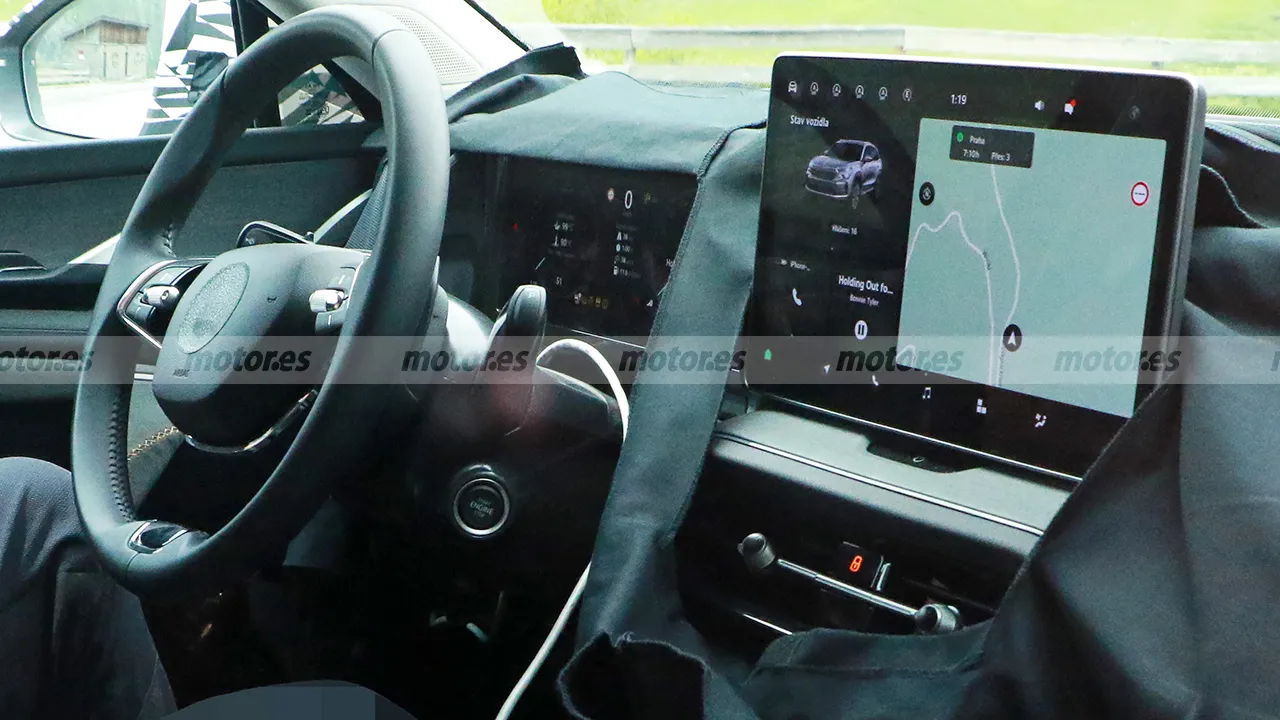
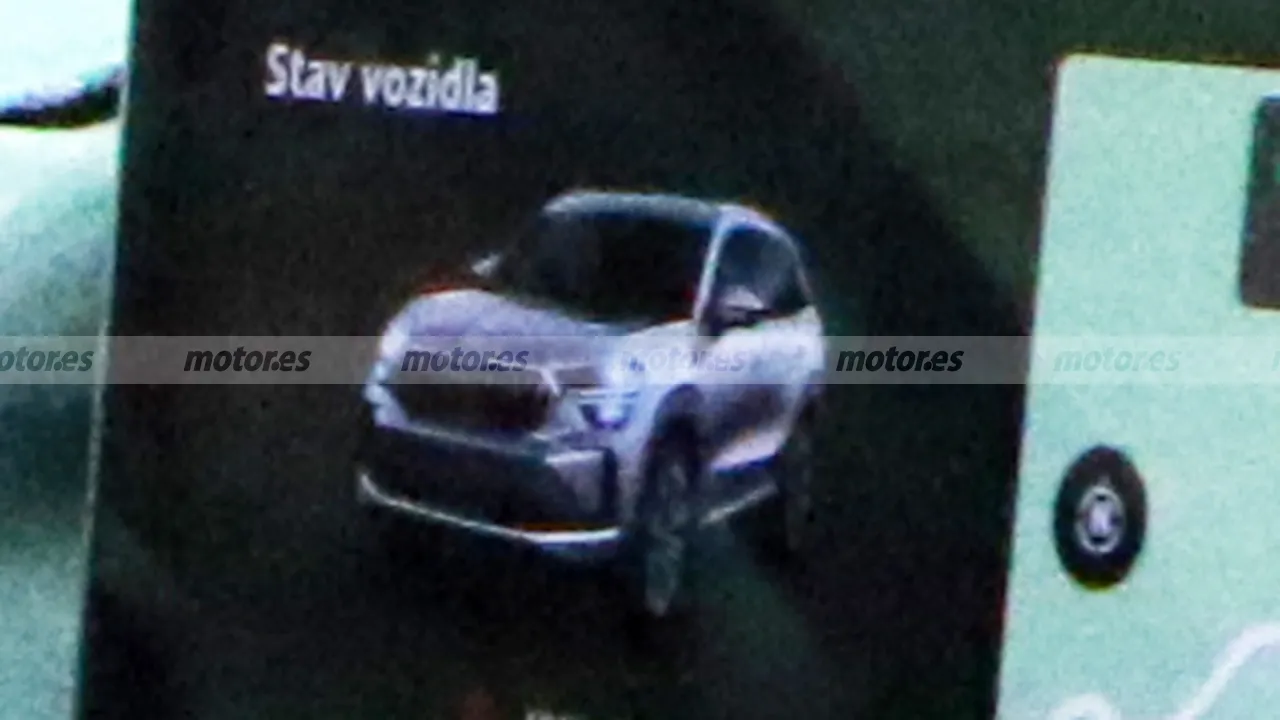
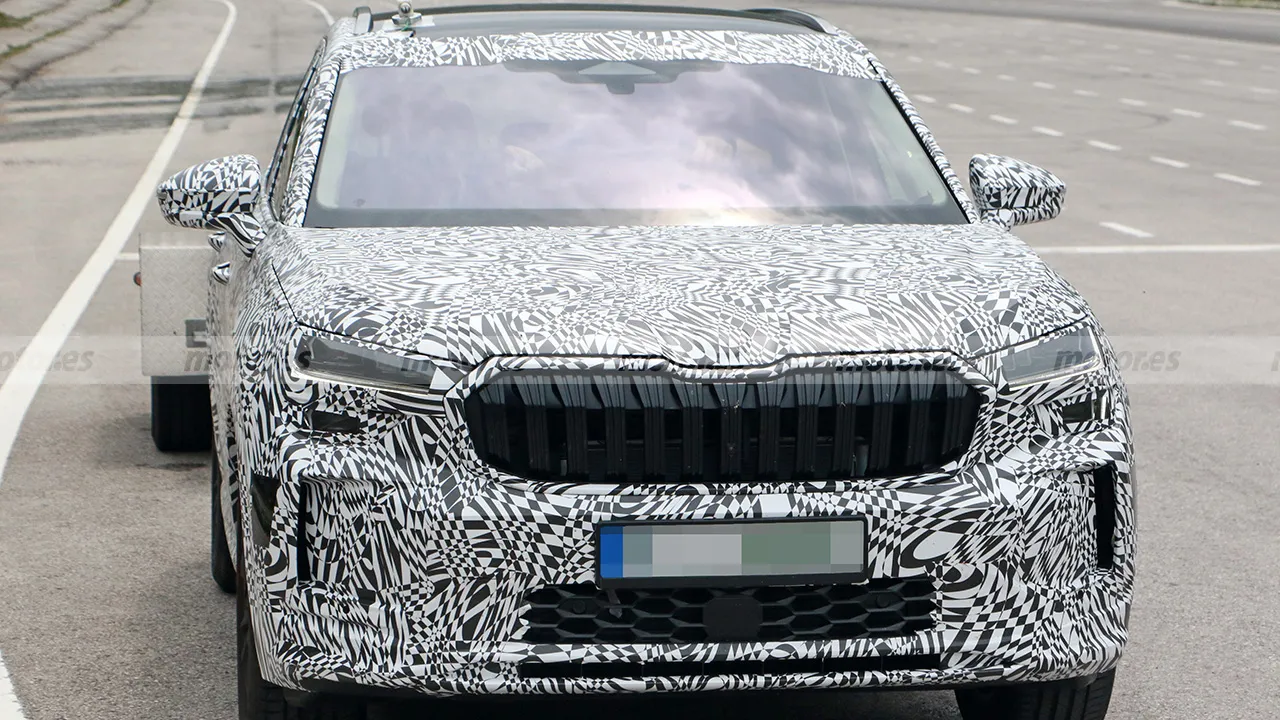
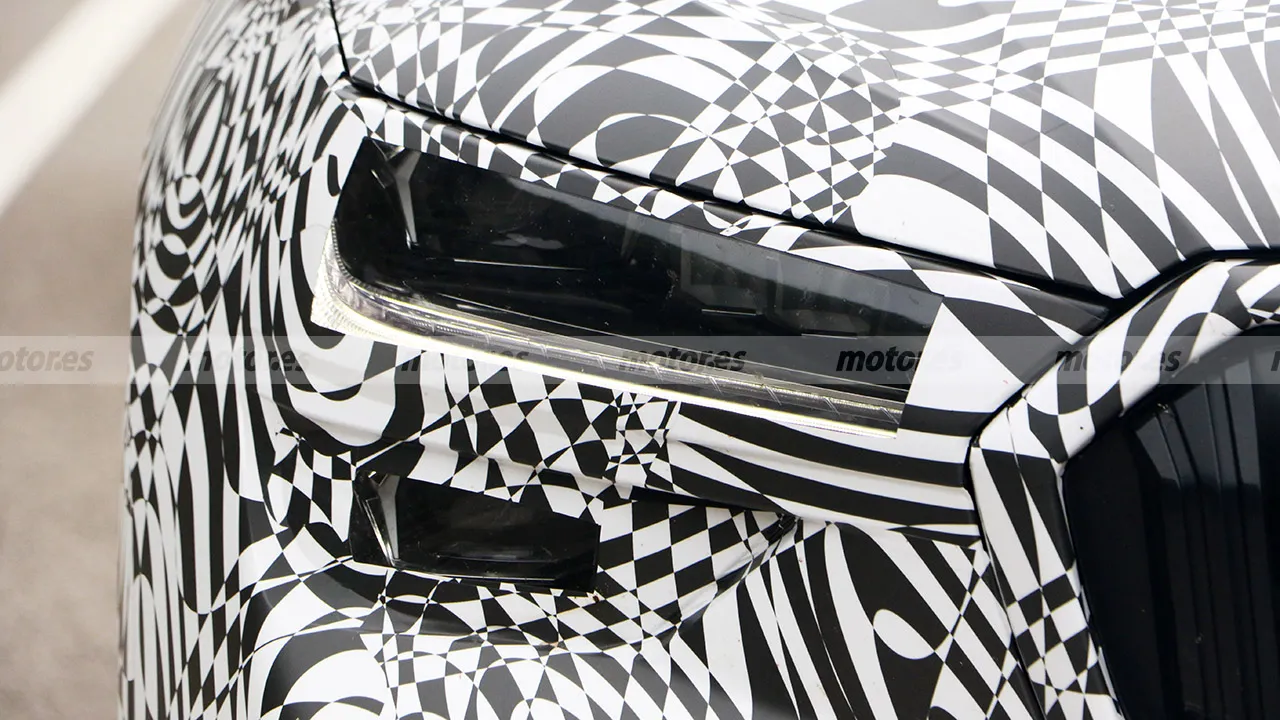
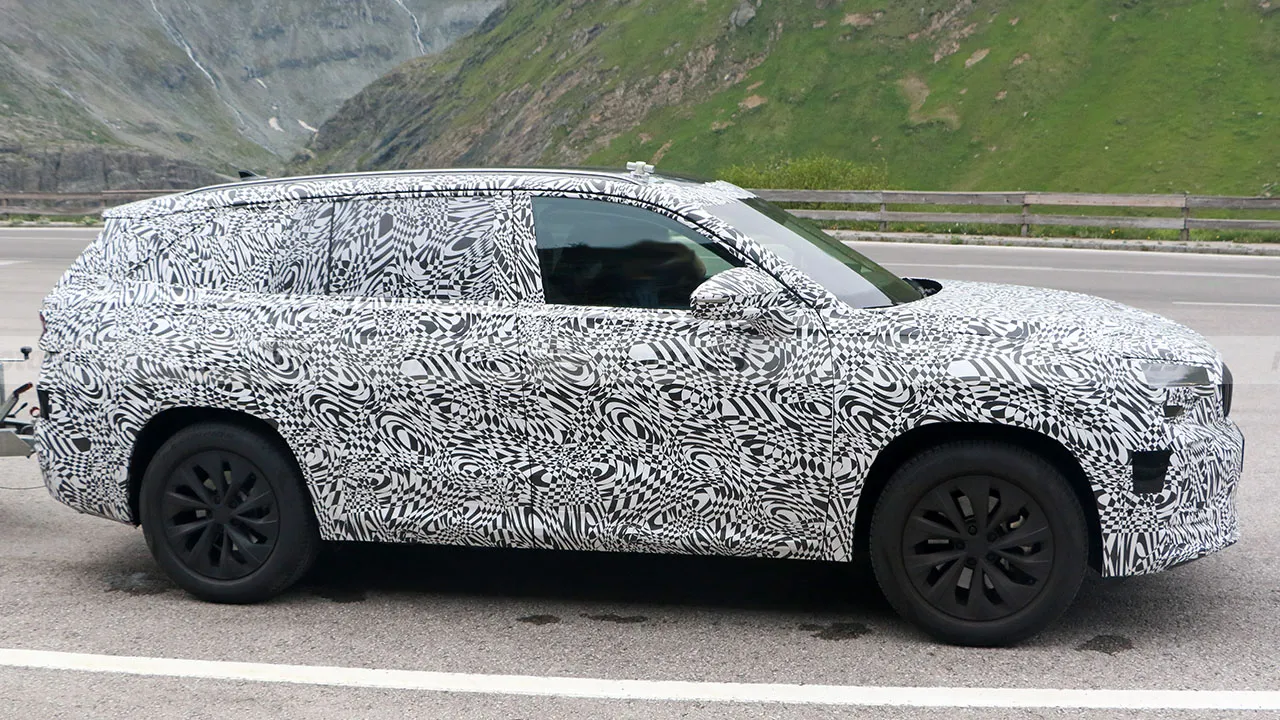
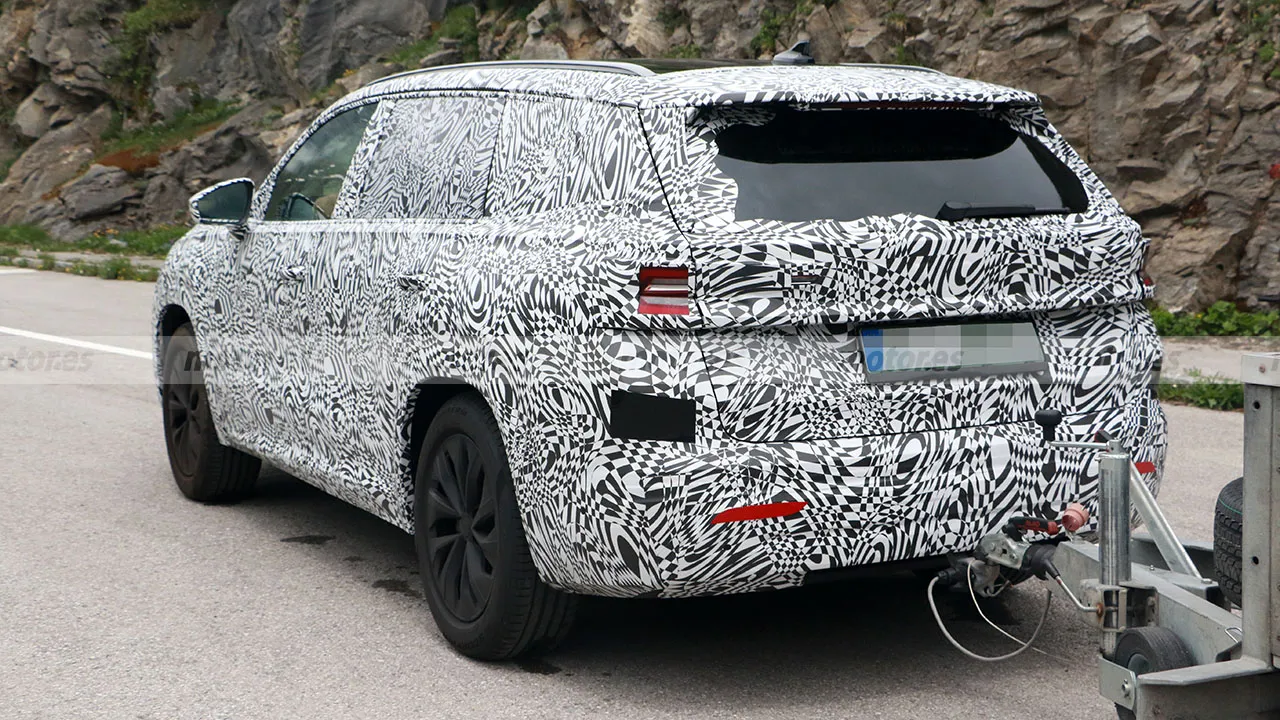
https://www.motor.es/noticias/interior-skoda-kodiaq-2024-fotos-espia-202395833.html
El sketch confirma lo que se veía que era una evolución del actual que esto no me parece mal, desde que salió se ha mantenido bastante bien y con esta nueva generación cambia lo que tenía más anticuado que era el interior.
La tercera ventanilla y el pilar C me han recordado a la versión larga del Kia Sportage.
La están haciendo mucho de emoción como si fuera un modelo premium o un súper auto.
- Regístrate para participar en el debate, puedes iniciar sesión desde el menú superior derecho o registrándote desde el botón "Regístrate" en el final de la página.















